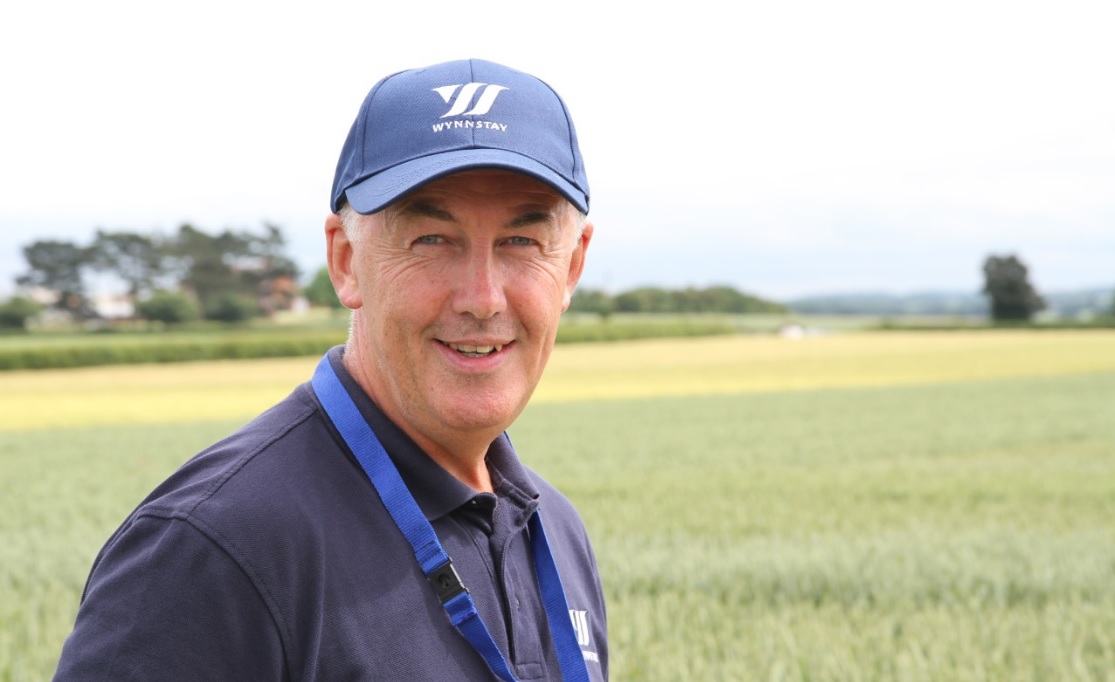
With the end of harvest 2016 upon us, farmers turn their attention to preparing for next year after the mixed bag of results seen this summer.
Richard Torr, Wynnstay’s Seed Sales Manager, looks back at the results seen locally, saying that yields were generally better than expected.
"Some new varieties performed surprising well despite the initial disease concerns earlier in the season.
"Reflection yielded well, with some of our local farmers getting yields of 10t/ha in-spite of early yellow rust concerns," he says.
"It’s delivering a number of benefits, including reliable yields, early maturing, good grain quality and good stiff straw.
"It’s being seen as a consistent performing variety choice for growers, and is a key consideration for many farmer’s 2017 rotation," he adds.
"Winter barley yields were low this year in comparison to 2015, but that was a bumper year.
"Quality issues were seen due to the soil saturation from the constant wet conditions during the crucial winter and early spring crop establishment period.
"However, for a ‘poor barley year’ some farms saw yields around 7.5t/ha, so not disastrous," says Mr Torr.
Despite the season, winter barley Surge has performed well.
"The new 2-row variety out-yielded all other 2-rows which we are very pleased about. It’s definitely a variety we will see more of in the next few years."
Farmers are now moving towards deciding next year’s rotation and will undoubtedly use this year’s results to choose the right variety for them.
"The OSR results from 2016 showed the conventional varieties stepping up to the mark.
"Campus achieved gross output yields of 113% in AHDB trials, and the popular hybrids Wembley and Incentive yielded 107% again," says Mr Torr.
Wembley and Incentive have both only showed 1% variation in the last four years of trials, which has impressed those in the industry.
"This is an incredible consistent record for a crop prone to variability," he adds.
"With harvest 2016 in the bag, farmers are now looking to get the new crops in the ground and established, and so far, drilling conditions have been close to ideal in the western region."
